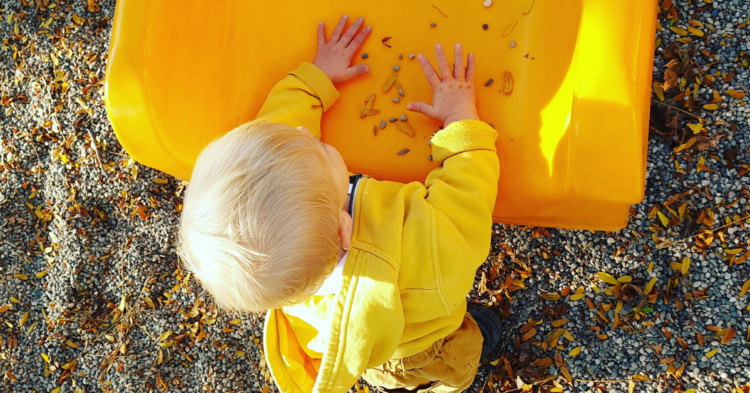The COVID-19 pandemic has put parents and kids in an unprecedented situation.
Schools across the country and around the world have closed their doors. Reopening dates vary and are somewhat up in the air.
While the uncertainty persists, experts are certain of one thing: when schools re-open — whenever that may be — parents should encourage their kids to prioritize play.
Information about the coronavirus pandemic is rapidly changing and Diply is committed to providing the most recent data as it becomes available. Some of the information in this story may have changed since publication, and we encourage readers to use online resources from CDC and WHO to stay up to date on the latest information surrounding COVID-19.
How are your kids doing during the lockdown?
It might be tempting to think of this as an early summer vacation for your kids, but that isn’t really the case here. Kids may be out of school, but they’re also stuck at home for the most part, unable to see their friends or extended family.
It impacts their mental health.

How will your kids do with weeks or months of barely socializing? As social creatures, this long period of isolation is bound to have an impact on the mental health of anyone who’s living through it.
“Prioritize play.”

That’s the message that a group of children’s mental health experts in the United Kingdom are promoting.
Of course, kids will have to endure isolation for a while longer. But when schools do eventually re-open, these experts say that parents and teachers need to encourage them to play.
What about social distancing?

“We ask that, once it is safe to do so, the loosening of lockdown is done in a way that allows children to play with their peers, without social distancing, as soon as possible,” said child psychology professor Helen Dodd.
“This may mean that close play is only permitted in pairs or small groups or within social bubbles that allow repeated mixing with a small number of contacts.”
Why is play so important?
While kids can be expected to play one way or the other, these experts say they’re “extremely concerned” about how kids will do after being isolated from their peers and teachers for such a long period of time.
Younger kids will be most vulnerable.

The recommendations mainly target kids between the ages of 3 and 11.
“We are urging ministers and policymakers to ensure that children are afforded substantial, and if possible enhanced, access to high-quality play opportunities as soon as possible,” said Sam Cartwright-Hatton, professor of clinical child psychology.
Play is a coping mechanism.

Noting that play is a way for kids to work through difficult emotions, the experts say that it stands to reason that kids will want to work out some of their pandemic anxiety through games with their friends.
Kids will need help.

They cited a study that highlighted the negative effects of social quarantine or isolation on school-age kids.
According to the findings, kids who’ve lived through these difficult conditions are five times more likely to need mental health interventions than kids whose schooling wasn’t disrupted.
It all makes sense.

Long story short: kids, like everyone else, are stressed out and lonely as a result of social isolation. When they’re allowed to safely play again, we should definitely let them.
Let us know your thoughts on this story in the comments below!
h/t: The Guardian

















































